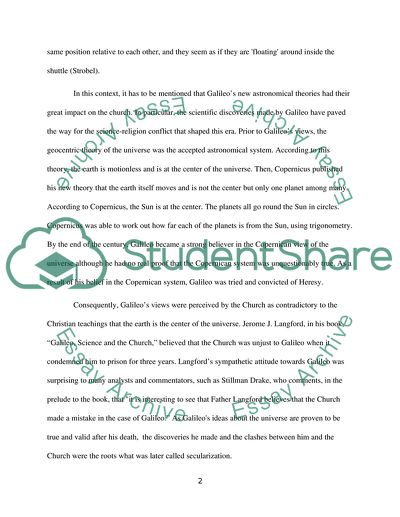Cite this document
(“The Scientific Revolution Assignment Example | Topics and Well Written Essays - 1000 words”, n.d.)
Retrieved from https://studentshare.org/history/1593942-the-scientific-revolution
Retrieved from https://studentshare.org/history/1593942-the-scientific-revolution
(The Scientific Revolution Assignment Example | Topics and Well Written Essays - 1000 Words)
https://studentshare.org/history/1593942-the-scientific-revolution.
https://studentshare.org/history/1593942-the-scientific-revolution.
“The Scientific Revolution Assignment Example | Topics and Well Written Essays - 1000 Words”, n.d. https://studentshare.org/history/1593942-the-scientific-revolution.


